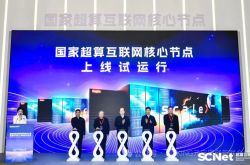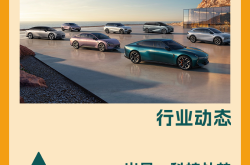Baoneng's Acquisition of Weltmeister: Unraveling the True Intentions
![]() 06/23 2025
06/23 2025
![]() 527
527
In January of this year, the Shanghai Third Intermediate People's Court formally accepted Weltmeister's restructuring application, with the creditors' meeting approving the draft restructuring plan. Among the applicants, Shenzhen Xiangfei Automobile Sales Company emerged as the sole strategic investor to successfully register. As investigations deepened, the shareholding structure of Shenzhen Xiangfei pointed to a familiar name: Baoneng.
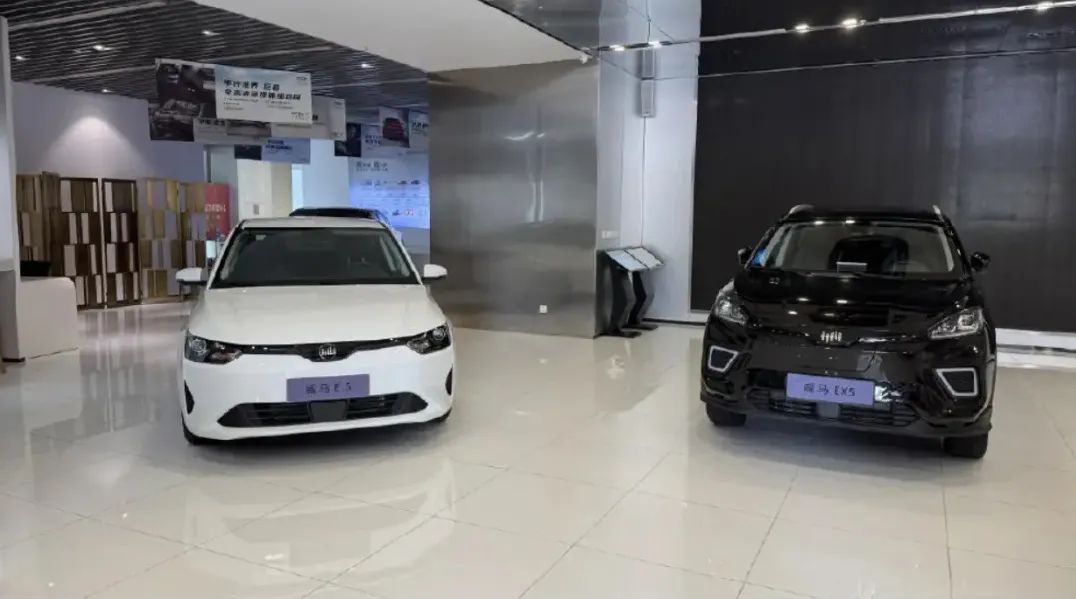
According to Qichacha information, Huang Jing, the legal representative of Xiangfei, also controls Kunshan Baoneng Automobile. Furthermore, Xiangfei's two major shareholders, Shenzhen Zhuokai and Shenzhen Fengyu, have deep ties with multiple Baoneng companies. On June 19, an insider from Baoneng Automobile confirmed to the media that the acquisition of Weltmeister had been completed and that the process of transferring assets, including production qualifications, was underway.
Baoneng's True Agenda Unveiled
On the surface, the deal between Baoneng Group and Weltmeister Automobile appears to be a "weak-weak alliance" aiming for mutual survival. As of early 2024, Weltmeister's liabilities totaled RMB 20.367 billion, with an asset valuation of only RMB 4.1 billion. Similarly, Baoneng is heavily indebted, with over RMB 12 billion in executed amounts, and its actual controller, Yao Zhenhua, has been listed as a dishonest person subject to execution.
However, a closer examination of Baoneng's past operating model in the automotive sector reveals that its motivation for acquiring Weltmeister extends far beyond mere "car manufacturing."
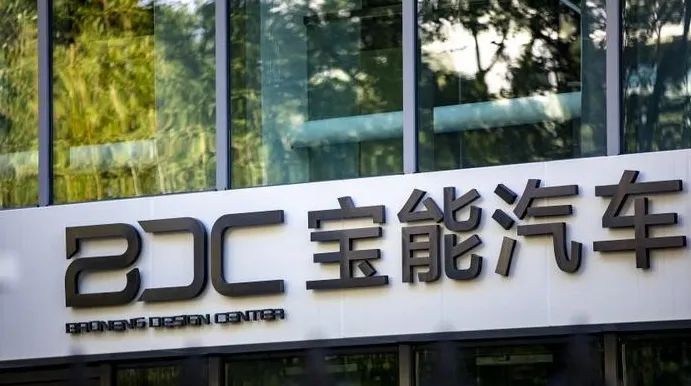
Since entering the automotive industry in 2017 by acquiring a 51% stake in Qoros Automobile for RMB 6.6 billion, Baoneng embarked on an aggressive expansion strategy. Official data shows that Baoneng has established vehicle and component bases in Xi'an, Kunming, Guiyang, Kunshan, and other locations, with a cumulative investment exceeding RMB 200 billion and a planned production capacity exceeding 3 million vehicles. Additionally, it has acquired nearly 10,000 mu of industrial land.
Most of these ambitious plans have yet to materialize. The Kunming base in Yunnan was delisted by the government two years after filing due to lack of construction. In 2023, Xi'an Xixian New Area paid RMB 608 million to reclaim the land use rights of Baoneng Xi'an New Energy Automobile Industrial Park, which covered 1.3 million square meters. Notably, adjacent to the planned Baoneng Xi'an factory, a real estate project named "Baoneng Automobile Town" had commenced presales earlier.
"Baoneng's classic strategy is to use automobile projects to encircle land and raise funds," noted an automotive industry analyst. "Amid the new energy boom, local governments are eager to introduce industrial projects, providing Baoneng with ample operational space."
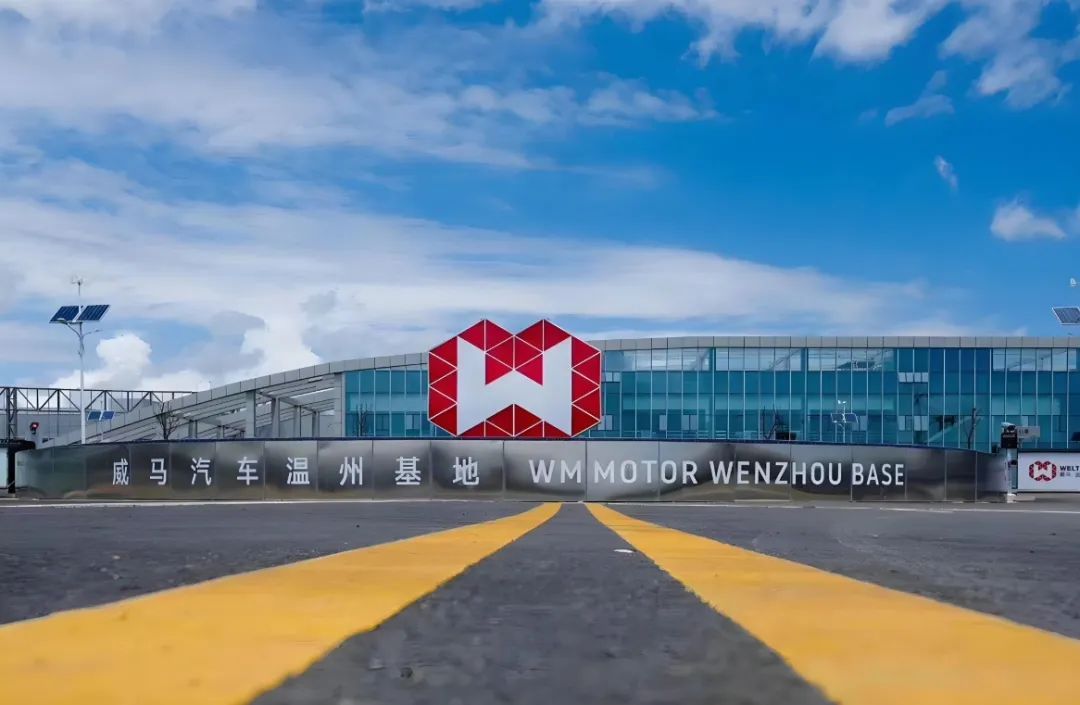
Wenzhou and Huanggang, where Weltmeister's two factories are located, serve as ideal platforms for Baoneng's next move. Media reports indicated that as early as the beginning of 2023, Wenzhou began searching for a company that could "take over" Weltmeister. On the other hand, Huanggang signed a strategic cooperation agreement with Faraday Future in January 2023, seen as a contingency plan to find a taker for Weltmeister's factory.
Does Weltmeister Still Hold Residual Value?
After nearly three years of shutdown, what is the remaining value of Weltmeister? From an asset perspective, Weltmeister's remaining usable assets include production qualifications, factory equipment, and products.
Car manufacturing qualifications are Weltmeister's core asset. Currently, Weltmeister holds pure electric vehicle manufacturing qualifications, while Baoneng obtained both fuel and pure electric "dual qualifications" through Qoros. Although there are concerns that Baoneng may face the risk of "qualification revocation" due to long-term production suspension, Baoneng barely maintained the "activity" of its production qualifications through the offline production of the Youbaoli A3 at its Shenzhen factory on June 16.
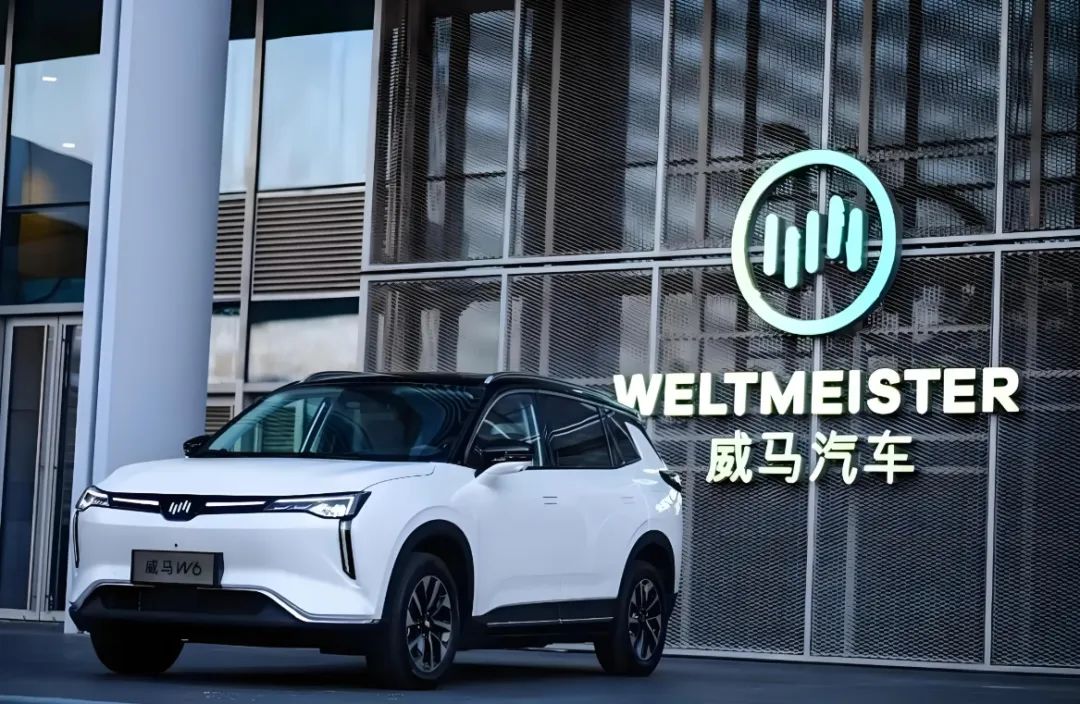
In terms of production capacity, Weltmeister has bases in Huanggang, Hubei, and Wenzhou, Zhejiang. The Huanggang factory has an annual capacity of 150,000 vehicles, while the Wenzhou factory has a capacity of 100,000 vehicles. In contrast, although Baoneng has factories across the country, only the Shenzhen factory remains operational, with the Changshu factory having been shut down since 2021.
"Baoneng doesn't really lack production capacity; what it lacks is a project carrier that can leverage local governments," analyzed an industry insider familiar with automotive restructuring.
At the technical level, while Weltmeister was once a leading player among new entrants, its technological advantage stagnated in 2021. The L4 autonomous driving technology equipped in Weltmeister's W6 model was forward-looking at the time but has now been significantly surpassed by city NOA systems from companies like Huawei and XPeng. More crucially, Weltmeister's core technical team has been severely depleted due to bankruptcy restructuring, with some senior executives under investigation for suspected job encroachment.
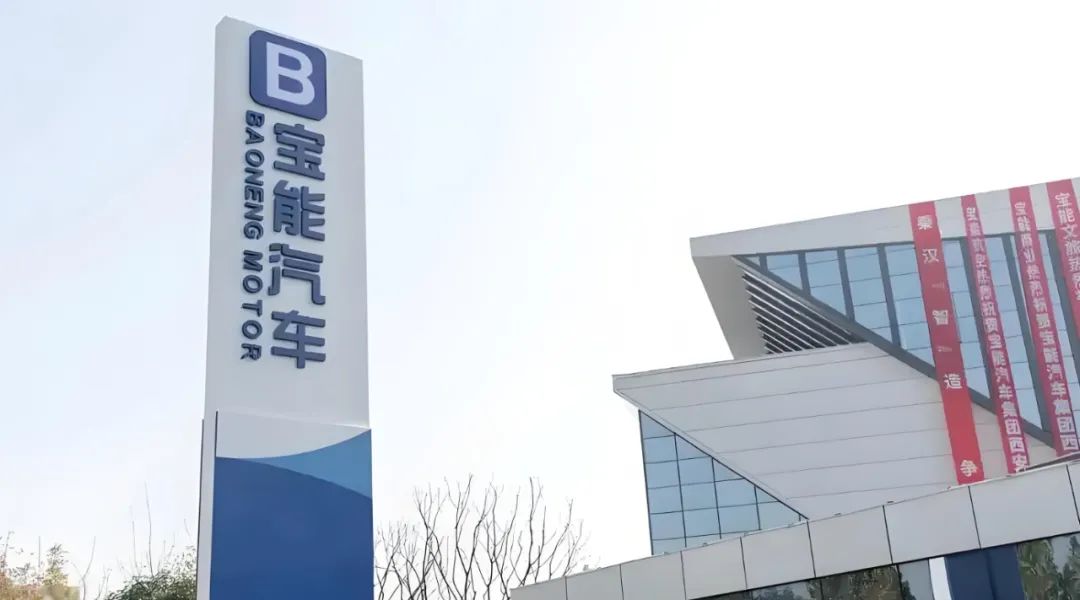
Cui Dongshu, secretary-general of the China Passenger Car Association, commented: "As market competition intensifies, it has become a normalized path for industrial optimization for small and medium-sized automakers lacking scale effects to 'exit' through acquisition and integration."
"Losers" Face an Uphill Battle
Currently, if Weltmeister hopes to rely on Baoneng's "revival" path, it will be ensnared in the "impossible triangle" formed by funding, technology, and trust, making every step arduous.
Firstly, at the funding level, Weltmeister's restructuring plan requires at least RMB 10 billion in subsequent investment. However, Baoneng itself is deeply mired in debt, with a cumulative executed amount exceeding RMB 52.6 billion. In January 2025 alone, its 9.9 billion shares in Baoneng Automobile were frozen. Although Shenzhen Xiangfei has promised to inject RMB 10 billion, Baoneng has recently faced an additional RMB 486 million in enforced execution cases, pushing its capital chain to the brink of collapse. Moreover, the current capital market is extremely cautious about "weak-weak alliances." In 2024, the financing of new energy automakers declined by 40% year-on-year, with capital concentrating on leading players. Baoneng lacks both credit endorsement and self-sufficiency, making the RMB 10 billion investment a distant dream.
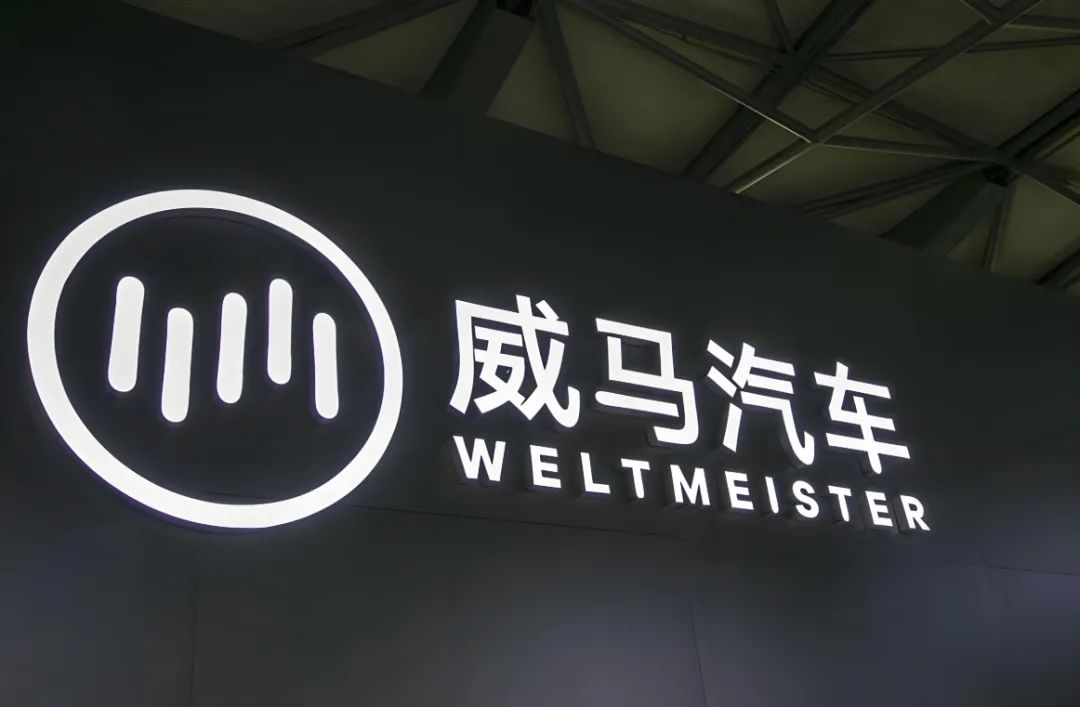
Secondly, the technology gap has completely detached Weltmeister from the mainstream of the industry. Weltmeister released its last mass-produced car in 2022, and its research and development停滞completely during the bankruptcy period. The autonomous driving system still relies on the L4-level pre-buried hardware solution, while in 2025, mainstream models have popularized end-to-end AI large model-driven city NOA, with an iterative gap of more than two generations. The three-electric system is stuck on the 400V platform, with energy consumption efficiency lagging behind the industry's 800V+SiC high-voltage platform by 20%-30%. More critically, over 80% of Weltmeister's core technical team has been disbanded due to unpaid wages and bankruptcy. Baoneng itself has frequent incidents of unpaid wages, making its attractiveness to high-end talent negligible.
Thirdly, the collapse of trust has dealt a severe blow to the brand. Weltmeister's bankruptcy led to the complete collapse of its after-sales system. In 2023, the Qingpu District Consumer Protection Committee in Shanghai received over 90 complaints, involving issues such as supply disruptions of parts, app suspension, and the vehicle system becoming a "digital ruin." Car owners had no recourse for rights protection, and the residual value rate of used cars plummeted to less than 30%. On the supply chain side, Weltmeister owes over RMB 6 billion to suppliers, and core suppliers such as CATL and Bosch have removed it from their cooperation lists. After acquiring Qoros, Baoneng saw its sales slide from 63,000 vehicles annually to the thousand-unit level and was blacklisted by the Shandong Automobile Circulation Association. The label of "Losers' Alliance" has fermented on social media, with users commenting sarcastically: "A big swindler acquiring a small swindler, who will be responsible for the car owners?"
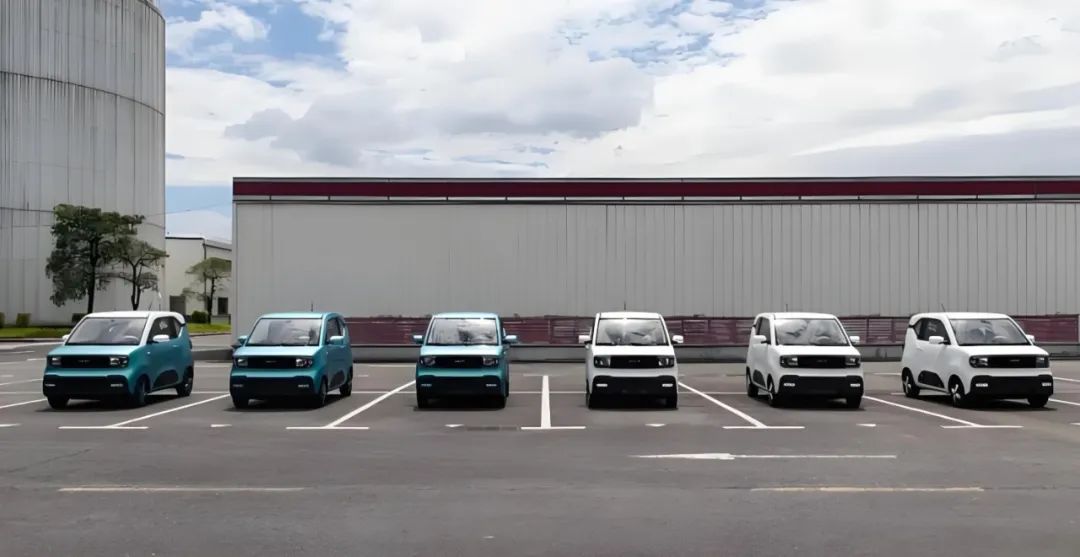
Lastly, and more cruelly, there is the stark reality of the market. Weltmeister's claim of a "sales volume of 600,000 vehicles by 2027" is nearly absurd in the current context of intensifying competition among leading players. BYD sold over 4 million vehicles in 2024, and the main market of 10-200,000 yuan has been squeezed by models such as Wuling Xinguang and BYD Qin PLUS to a gross margin of less than 5%. Xiaomi SU7 sold over 150,000 vehicles in its first year on the market, with Zeekr and Blue Ocean witnessing annual growth rates exceeding 80%. Even if Weltmeister resumes production, its products will be three years behind the industry, making it difficult to escape "secondary death" under the triple squeeze of no brand, no technology, and no cost advantage.
"Unless there are other intentions, it is not easy to simply revive Weltmeister," said an automotive industry analyst when commenting on Baoneng's acquisition. "In 2025, China's auto market has entered a stage of 'hyper-internal competition': BYD sold over 4 million vehicles annually, Xiaomi SU7 sold over 150,000 vehicles in its first year, and traditional automakers such as Geely and Changan are accelerating their electric transformation. Even if Weltmeister resumes production, what does it have to compete with its rivals?"
Many industry insiders view Weltmeister's "revival" as essentially a capital restructuring experiment, with its production and sales targets severely detached from industry reality. When Baoneng and Weltmeister's products are displayed together, the script of this "Losers' Alliance" has just turned the first page.






